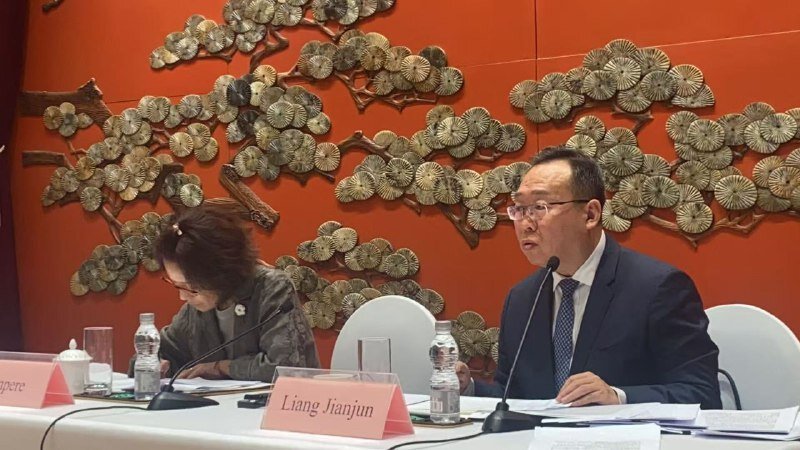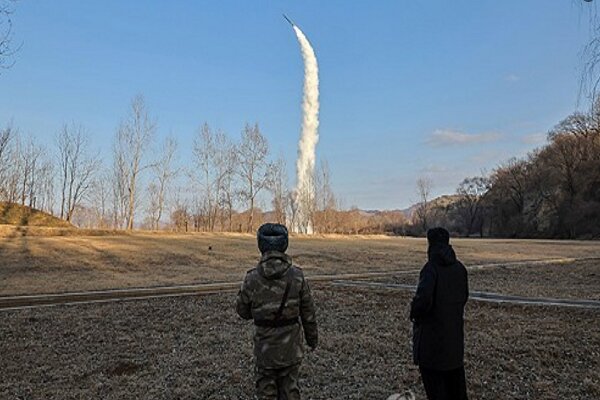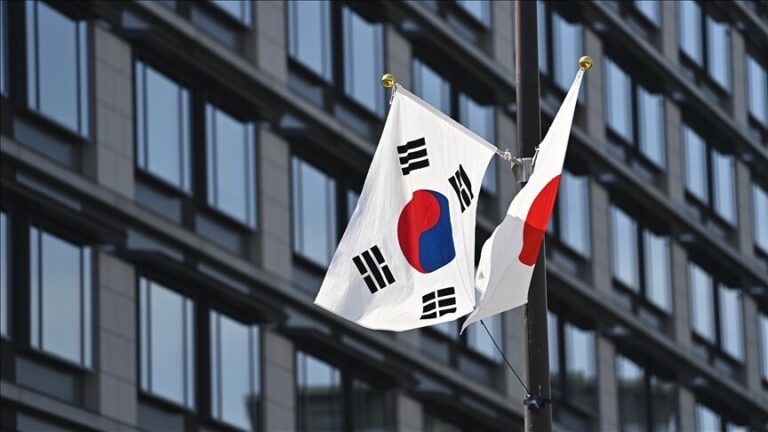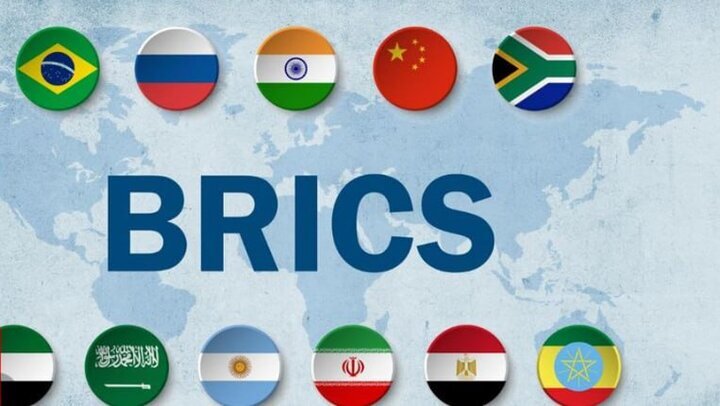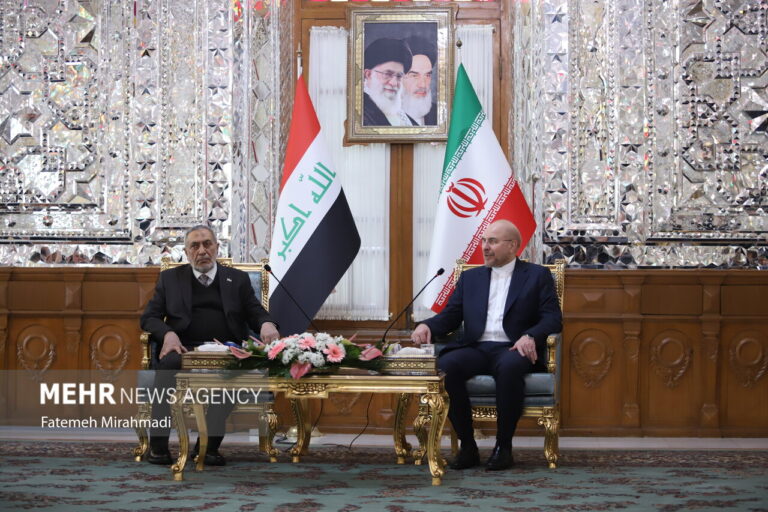Unlocking Global Security and Prosperity: China’s Neighborhood Diplomacy Strategy
BEIJING – China’s unwavering commitment to multilateralism and the vision of a community with a shared future for humanity was prominently reaffirmed during a recent meeting organized by the China Public Diplomacy Association (CPDA) in Beijing. This event, held at the Xianhe Hall of the Beijing International Club, attracted numerous international and domestic journalists and focused on “China’s philosophy and practice of neighborhood diplomacy in the New Era.”
Liang Jianjun, Deputy Director General of the Department of Asian Affairs at the Chinese Foreign Ministry, delivered an insightful speech emphasizing China’s significant role in enhancing relationships with its neighboring countries. He stated, “Neighboring countries are an important component for China’s development and prosperity, a key to safeguarding international security, and a top priority in the overall planning of China’s global diplomacy.”
Liang’s remarks highlighted the Central Conference on Work Relating to Neighboring Countries, held in Beijing from April 8 to 9. This conference underlined China’s commitment to uphold the principles of amity, sincerity, mutual benefit, and inclusivity to strengthen strategic trust with neighboring nations. The goal is to collaboratively build a “five-home” vision characterized by peace, stability, prosperity, beauty, and friendship.
During this conference, President Xi Jinping emphasized the importance of creating a community with a shared future among China’s neighboring countries. This commitment was further reinforced during his recent three-nation tour to Vietnam, Malaysia, and Cambodia, where he reiterated the significance of collaboration and mutual development in the region.
Xi has also stressed, “China will work with other countries to build a community with a shared future for mankind, forge partnerships across the world, enhance friendship and cooperation, and explore a new path of growing state-to-state relations based on mutual respect, fairness, justice, and win-win cooperation.”
Global South Gains Stronger Voice through BRICS and BRI
Following his address, Liang engaged with reporters, including an Iranian journalist from the Tehran Times. In this session, questions focused on how China is enhancing the representation and decision-making power of developing countries within global governance institutions.
Liang reiterated President Xi’s vision for a multipolar world, stating, “President Xi said we should build an equitable and orderly multi-polar world, which means that countries, big or small, are equal.” He emphasized that this vision counters a “winner takes all” scenario, advocating instead for a system where all nations have equal opportunities and responsibilities.
- BRICS and the Belt and Road Initiative (BRI) are pivotal mechanisms for amplifying the voices of developing countries on the global stage.
- The Global South is experiencing significant growth, becoming a crucial force in driving global transformation.
- China is dedicated to enhancing the representation of Global South members in international forums.
Liang noted, “BRICS has amplified the voice of developing countries on key topics like climate change, trade, etc.” He further highlighted that since the inception of the BRI, over 150 countries and international organizations have engaged in more than 3,100 projects, collectively valued at over $1 trillion. This initiative has provided fresh perspectives for advancing global development.
However, Liang cautioned that the journey toward a multipolar world faces challenges due to unreasonable actions by certain countries. He underscored the importance of upholding the authority of the United Nations and condemned unilateral measures and trade confrontations. Liang emphasized China’s openness to dialogue for resolving disputes while staunchly protecting its legitimate rights.
In the context of the trade war initiated by former President Donald Trump, who imposed heavy tariffs on Chinese exports to the US, Liang noted that China responded with retaliatory tariffs on American imports. The adverse effects of these tariffs on US consumers and farmers have recently prompted steps toward de-escalation.
China’s Multilateral Vision vs. America’s Unilateral Tendencies
Liang’s remarks crystallize China’s diplomatic philosophy, reaffirming its commitment to a fairer global order. China positions itself as a champion of inclusive multilateralism, advocating for equal participation in international affairs regardless of national size or influence. This approach is evident through its active role in UN frameworks that uphold international law, balanced trade systems, and climate policies tailored to the needs of developing nations.
This diplomatic approach starkly contrasts with America’s unilateral tendencies, where Washington has historically prioritized strategic interests over institutional consensus. The United States has often employed unsanctioned economic measures, military actions, and bypassed multilateral mechanisms that could constrain its actions.
In this landscape, China presents its model as an alternative paradigm focused on collective security and mutual development rather than zero-sum competition. The emphasis on building partnerships and fostering cooperation serves as a foundation for a more equitable global order.
